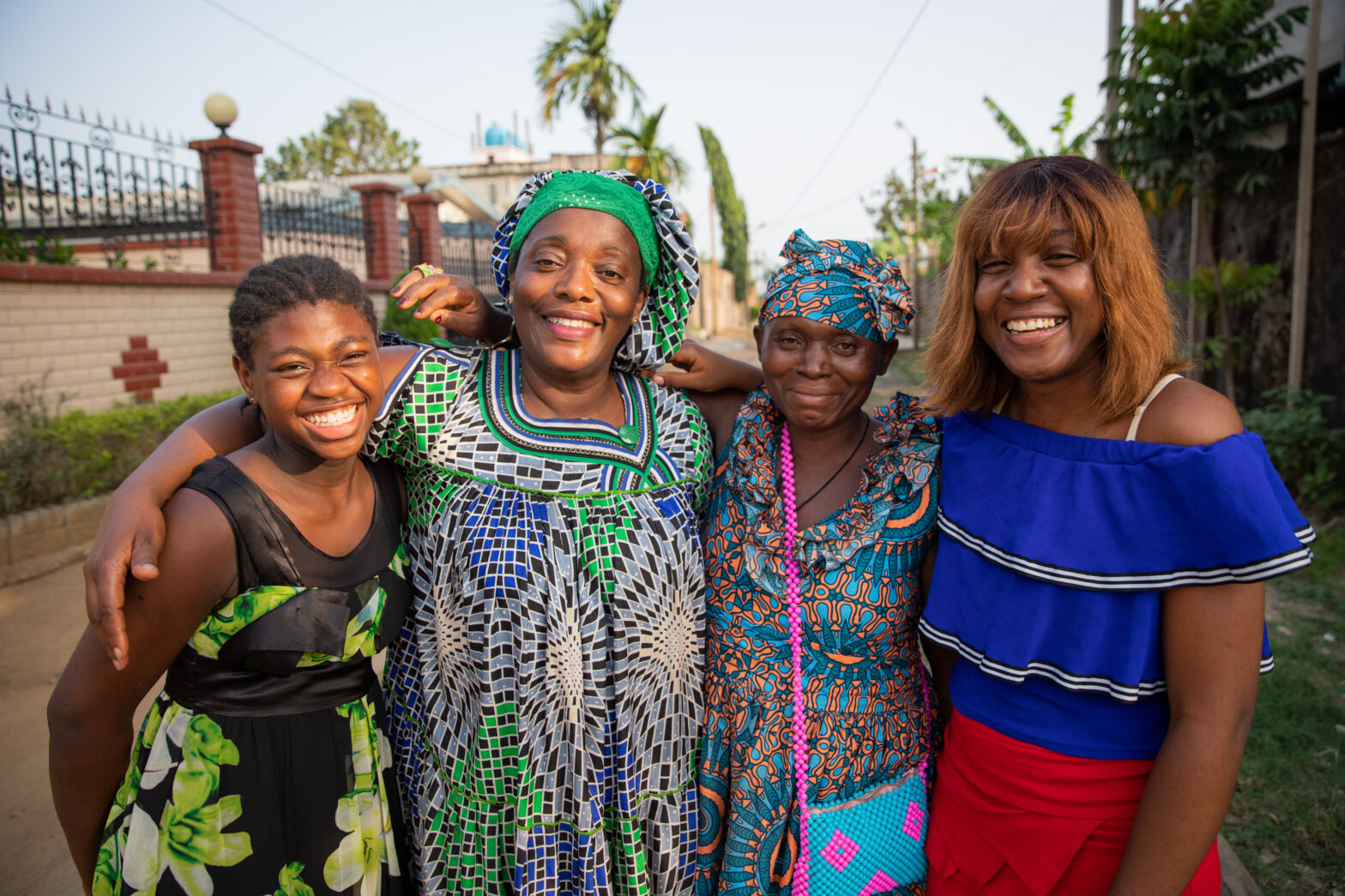Over the years, women’s choices have slowly metamorphosed. From having to give up ownership of their basic rights to being in control over their bodies and even careers, women all over the world are changing the narrative. Amidst the stories to change, one is fast becoming a favourite – family planning.
While the pandemic has questioned the (former) order of nature, it has left more negative impacts than positive ones. This is especially evident in the rate of increasing health challenges. Specifically, sexual and reproductive health.
For instance, cases of sexual and gender-based violence and lack of access to sexual health services increased astronomically in the earlier stages of the pandemic, especially during the lockdowns.
“We have not fully discovered the impact of the Covid 19 pandemic in terms of sexual and reproductive health, but our evidence and findings are pointing to increased rates of gender-based violence and unplanned pregnancies,” Dr Samukeliso Dube, Executive Director of FP2030, a global partnership for family planning, shared with me in an interview.
“We also saw women who were affected by the lockdown face limited access to sexual and reproductive health services.”
Some African countries have taken extra measures to lessen the blow that the pandemic has had on women’s choices. Kenya and Ghana have made significant strides, focusing their efforts on expanding equitable access to quality care and establishing legislative instruments to include family planning in services.
Nigeria has allotted one percent of its health budget strictly for sexual and reproductive health (SRH). While this may seem insignificant to some, experts like Dr Dube think differently.
“We love what we are seeing,” she says. “The Nigerian government has created a multiplier effect in years to come with this investment. We are seeing very clearly the vision of family planning and we encourage it.”
Significantly, more women are focusing their attention on another angle – deciding when they are ready to have a family. This is a welcome development given the increase in unwanted sex, a key aspect of sexual and gender-based violence. It is only proper for women to have direct influence over their lives.
“A country cannot move forward if it leaves half of its population behind and family planning is that tool that brings women together to be able to choose,” insists Dr Dube. “I am a product of choice. I am a product of having the ability to choose the number of children I have and advancing my career as I want. I would love to see that for many young women in Africa. That is why we (FP2030) are in Africa today.”
Fighting sexual and gender-based violence is not the only agenda Nigeria’s family planning advocates have eyes on. Deconstructing social and gender norms hindering the access to rights-based family planning for women and girls, as well as those impacting men, young people, and vulnerable people is also an important commitment.
These issues have caught the attention of the FP2030, prompting a collaboration with the Population Council, a non-profit organisation championing healthcare for difficult-to-reach populations.
“The Population Council has a vast repository of expertise around sexual and reproductive health. We also believe that within Nigeria and other African regions, there is a robust network of organisations that would collaborate with the governments to build commitments.
“Some of the board members who sit on the board of FP2030 hail from Nigeria and they galvanise that energy to make sure these commitments are created and supported. So while working with the Population Council, we hope not only to leverage on their existing network but also to provide a robust platform for collaboration and learning.”
To say the least, it is glaring that family planning is steadily occupying a special place in the hearts of African women. With the establishment of FP2030’s regional hubs across West and East Africa and subsequently North and Central Africa, what is the future of family planning in the continent?
“We still have challenges with the maternal mortality rate in Africa and women’s rights. These regional hubs established across Africa will not only bring us closer to the problem but will enable us to establish proven solutions to the many issues women are facing all over the continent,” Dr Dube says.
“If a bottle of Coca Cola can reach a woman in the village, why can’t family planning reach that same woman?”
I cannot think of a valid reason.
